Filter staff:
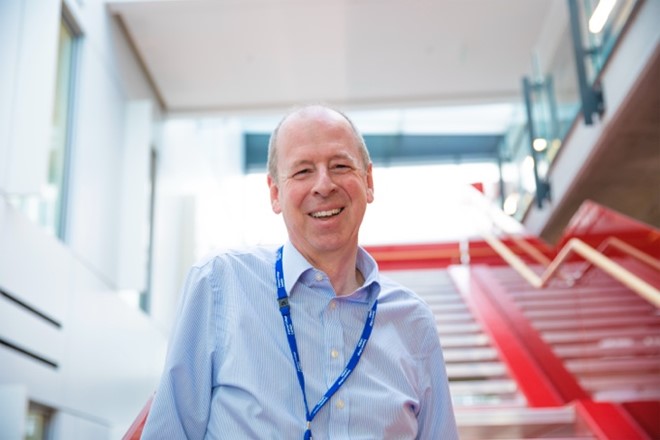
Professor Edwin Chilvers
Fellow

Professor Edwin Chilvers
Fellow
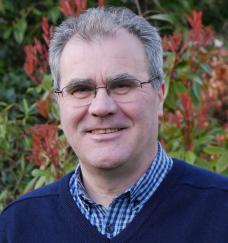
Professor Eugene Murphy
Fellow

Professor Eugene Murphy
Fellow
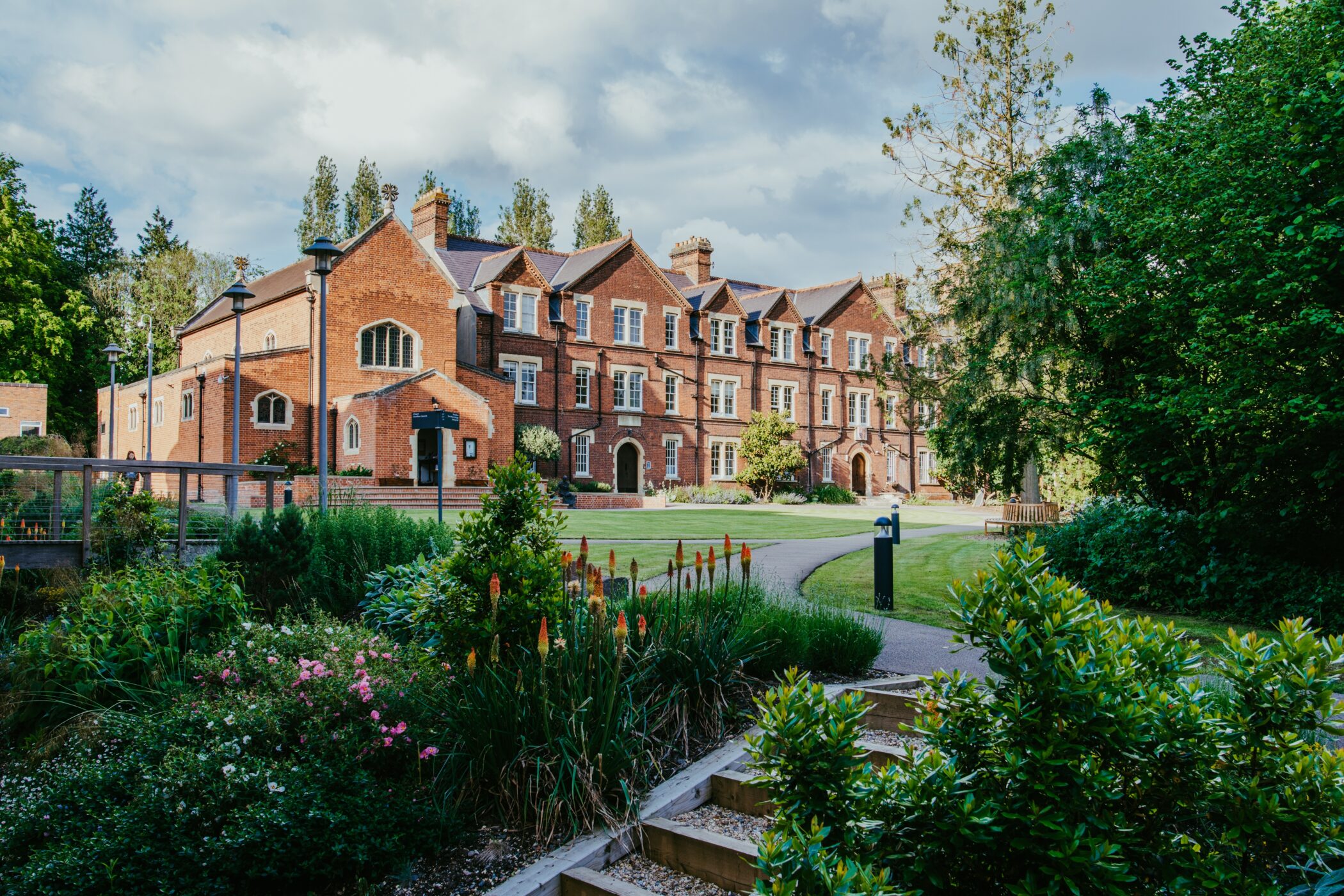
Professor Evan Reid
Fellow

Professor Evan Reid
Fellow
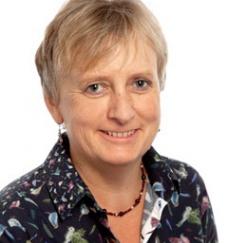
Professor Folma Buss
Fellow

Professor Folma Buss
Fellow

Professor Francis Campbell
Honorary Fellow

Professor Francis Campbell
Honorary Fellow

Professor Harriet Allen, Director of Studies
Director of Studies

Professor Harriet Allen, Director of Studies
Director of Studies
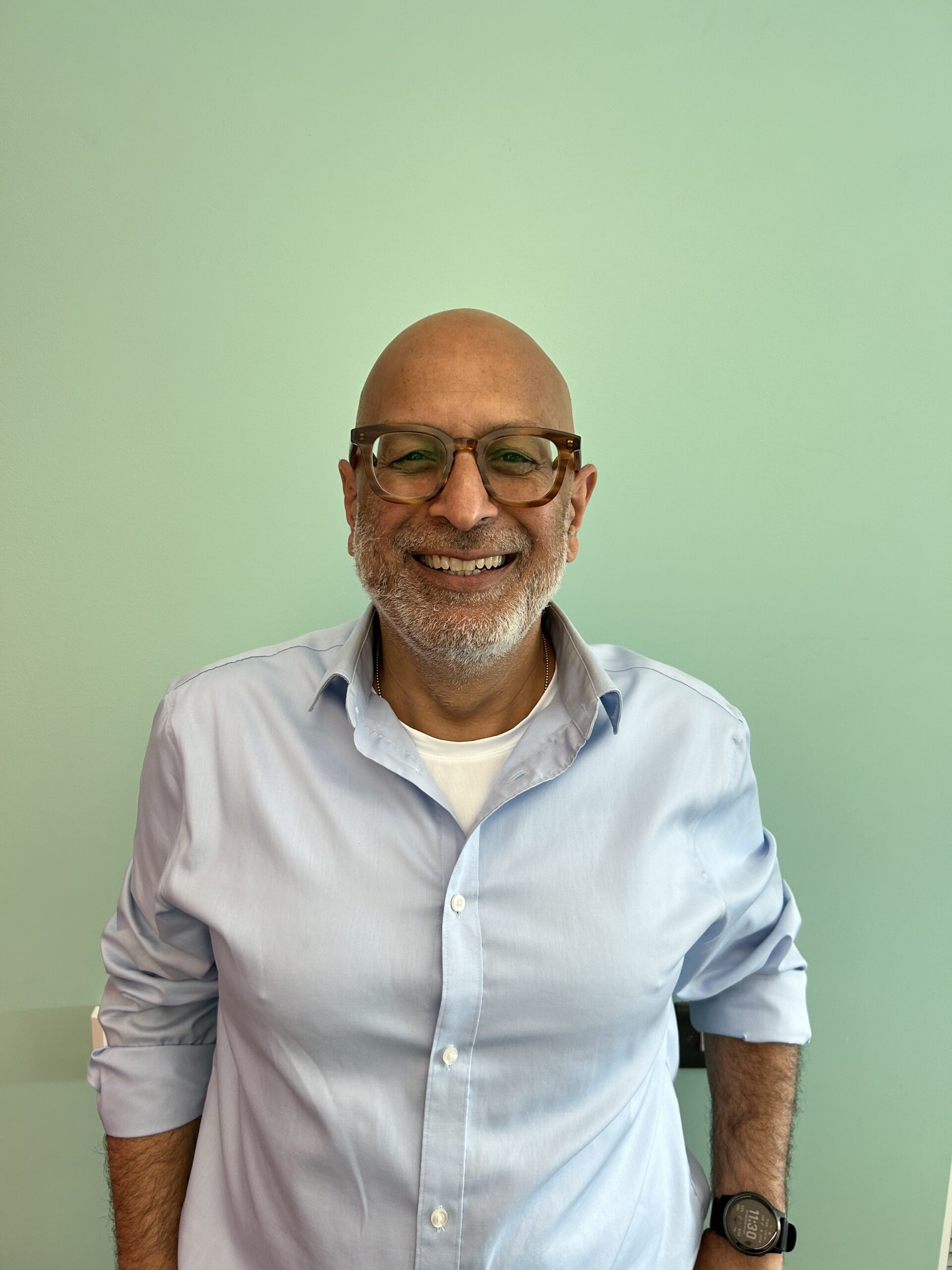
Professor Harris Beider
Bye-Fellow

Professor Harris Beider
Bye-Fellow
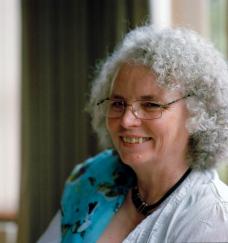
Professor Helen Mason OBE
Life Fellow

Professor Helen Mason OBE
Life Fellow
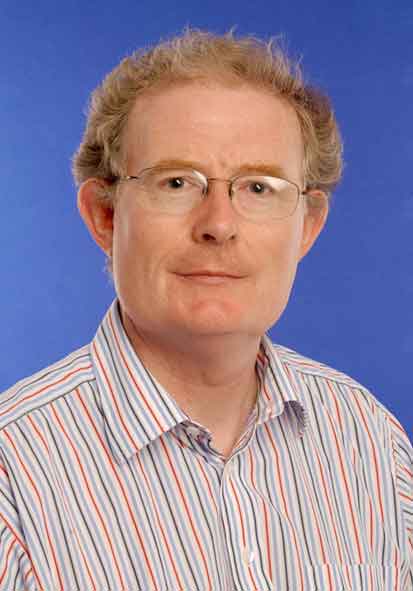
Professor Hill Gaston
Emeritus Fellow

Professor Hill Gaston
Emeritus Fellow
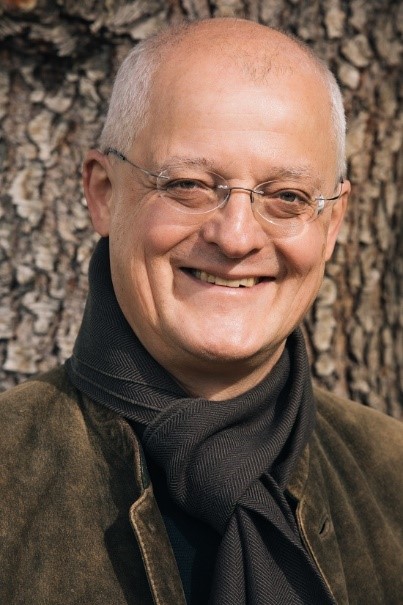
Professor Johannes Hoff
Senior Research Associate

Professor Johannes Hoff
Senior Research Associate
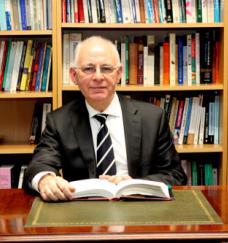
Professor John Loughlin
Emeritus Fellow

Professor John Loughlin
Emeritus Fellow
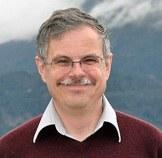
Professor Jonathan Warner
VHI Affiliate Member

Professor Jonathan Warner
VHI Affiliate Member

